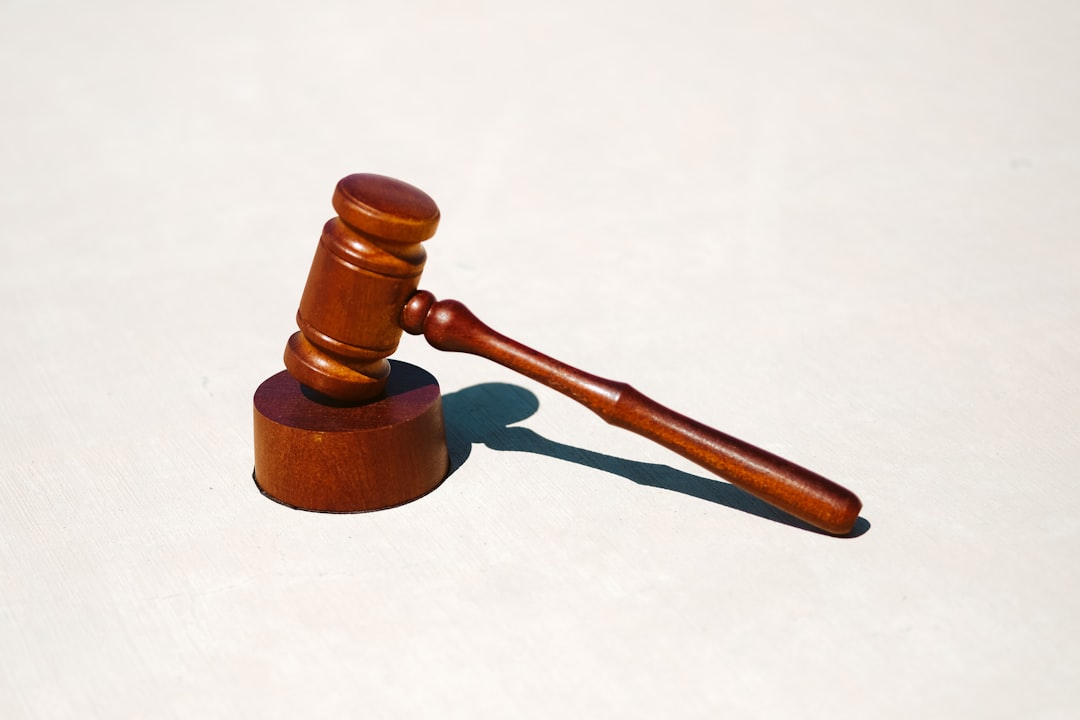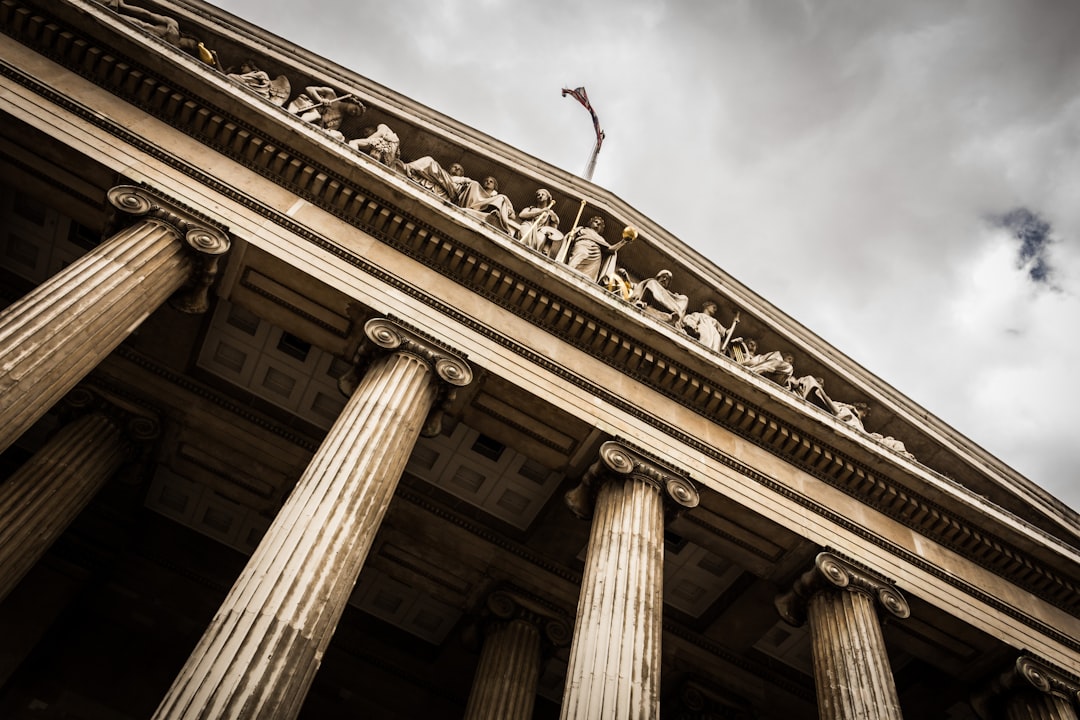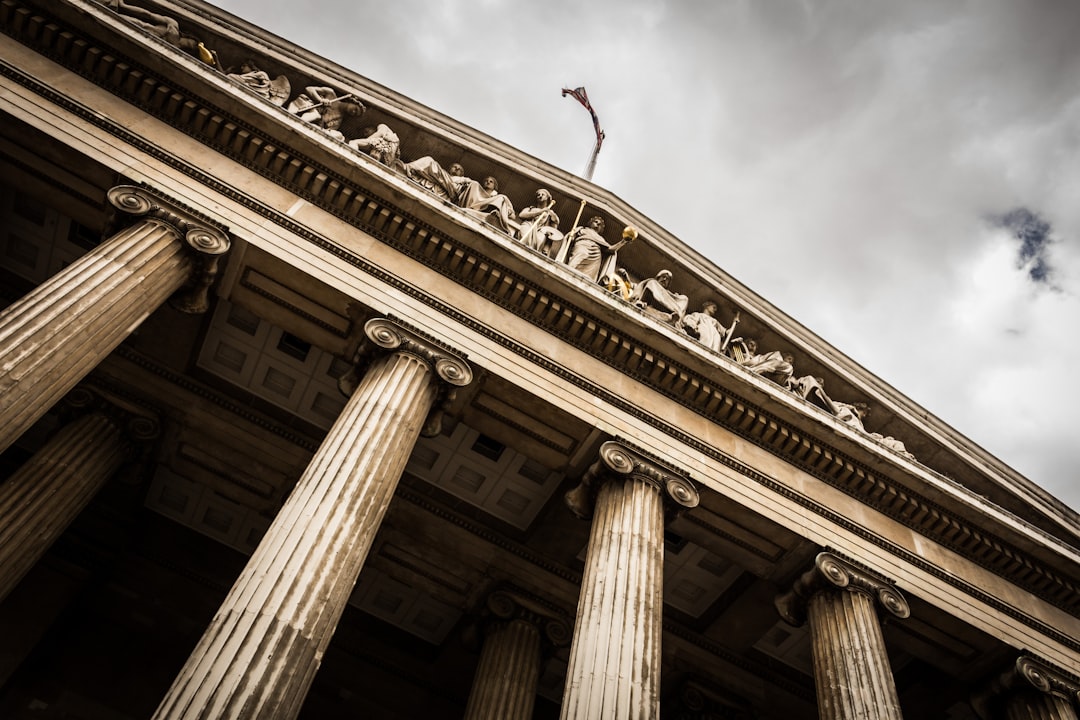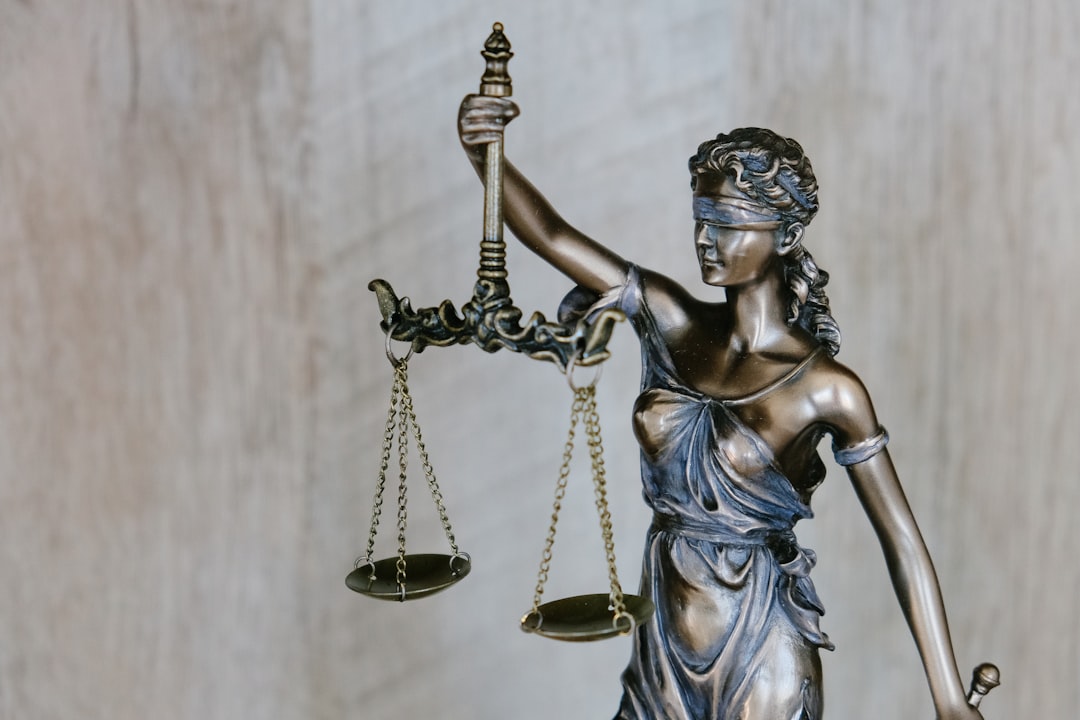Recognizing Restorative Justice as a framework for healing school abuse in Sherman Oaks, California, schools is vital. A school abuse law firm Los Angeles CA promotes structured conversations, fostering accountability and empathy through active participation of offenders, victims, and communities. Implementing restorative practices requires careful planning and training, leading to reduced discipline referrals and improved student engagement. Survivors gain tailored support systems, and community engagement ensures policy shaping and resource provision. Transparency in communication facilitates healing and prevents future instances of school abuse. The firm’s expertise in interpreting laws and policies protects survivors’ rights and holds institutions accountable. Practical steps for survivors include gathering evidence and seeking legal counsel promptly. Restorative justice initiatives create safe spaces, promote understanding, and reduce recidivism rates among youth. Collaborating with mental health professionals and advocacy groups provides tailored counseling services. A school abuse law firm Los Angeles CA facilitates these initiatives, enhancing justice and personal growth for affected individuals.
In recent years, the importance of understanding restorative justice options for survivors has gained significant traction, especially within educational institutions. As a response to increasing awareness about school abuse, many communities, including Los Angeles CA, have begun exploring alternative approaches to address harm and foster healing. This article delves into the complexities of restorative justice models, offering valuable insights from experts and practitioners, particularly in the context of Sherman Oaks Schools. By examining successful implementation strategies, we aim to empower educators and advocates to create safer, more supportive learning environments for all students.
Recognizing Restorative Justice: A Framework for Healing
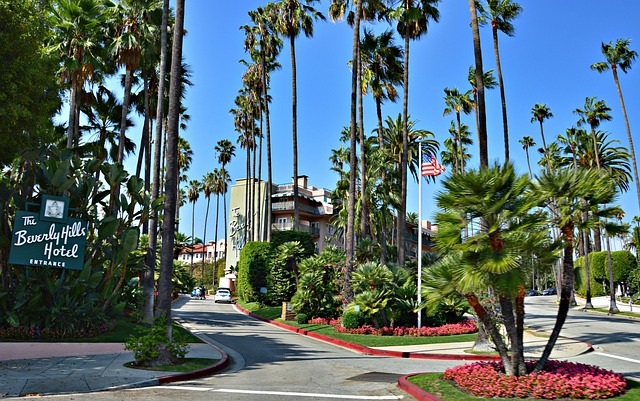
Recognizing Restorative Justice as a framework for healing is paramount when addressing school abuse within Sherman Oaks schools. This approach prioritizes the needs of survivors, fostering an environment where accountability, empathy, and reconciliation can take root. Unlike punitive measures, restorative justice seeks to repair harm by promoting active participation from all stakeholders—offenders, victims, and communities alike. For instance, a school abuse law firm in Los Angeles, CA, specializing in these matters encourages structured conversations between parties, aiming to restore relationships and create a culture of accountability.
Implementing restorative practices involves careful planning and training for school administrators and staff. A study by the National Institute of Justice revealed that schools implementing restorative justice programs experienced significant reductions in discipline referrals, indicating its effectiveness in de-escalating conflicts and promoting positive behavior. For survivors, this means access to support systems tailored to their unique needs, ensuring emotional well-being alongside academic success. By integrating these practices, Sherman Oaks schools can create a safe and supportive environment that empowers students to thrive after traumatic experiences.
The key to successful restorative justice lies in community engagement and collaboration. Parents, caregivers, and local organizations play a vital role in shaping policies and providing resources that support survivors. A school abuse law firm in Los Angeles, CA, advocates for transparent communication between schools, families, and legal entities to ensure every student receives the assistance they need. This collaborative approach not only facilitates healing but also strengthens the community’s ability to prevent future instances of school abuse, fostering a culture of safety and respect.
Navigating School Abuse Law: Rights and Resources for Survivors

Navigating school abuse law is a complex yet crucial process for survivors seeking justice and healing. In Sherman Oaks, California, where educational institutions are held to high standards, understanding one’s rights under school abuse law is essential. According to recent statistics, instances of abuse within schools have led to increased awareness and a growing need for specialized legal support. Many survivors face challenges when pursuing their cases, often due to the unique dynamics of educational settings.
A school abuse law firm Los Angeles CA can provide invaluable assistance to individuals who have experienced trauma at school. These legal professionals are experts in interpreting state laws and school policies, ensuring that survivors’ rights are protected. By employing strategic litigation and advocacy, they help hold institutions accountable for their failure to safeguard students. For instance, a successful case against a school district could result in policy changes, improved safety protocols, and increased resources for victim support services.
Practical steps for survivors include gathering evidence, documenting interactions with school officials, and seeking legal counsel promptly. It is beneficial to review relevant policies and understand the jurisdiction’s laws. For instance, California law mandates reporting of child abuse, and schools have a duty of care to protect students. A survivor should feel empowered to assert their rights while navigating this intricate process. Engaging with a reputable school abuse law firm Los Angeles CA can provide clarity and guide survivors towards justice and a sense of healing.
Implementing Restorative Practices: Schools’ Role in Support

Implementing Restorative Practices: Schools’ Role in Support
Restorative justice initiatives have emerged as powerful tools for addressing harm and fostering healing within educational settings. These practices aim to create safe spaces where students can confront trauma, rebuild relationships, and develop a sense of accountability. A school abuse law firm in Los Angeles, CA, has been instrumental in advocating for these approaches, particularly in cases involving student-on-student or institutional misconduct. By adopting restorative models, schools can move beyond traditional disciplinary measures and create environments that promote empathy, understanding, and positive change.
At the heart of restorative justice is the belief that healing occurs through open dialogue, active listening, and mutual responsibility. Schools play a pivotal role in facilitating these conversations, providing support systems for survivors, and ensuring accountability among perpetrators. For instance, circle discussions, where students share their perspectives and experiences in a safe and structured environment, can help break down barriers and foster empathy. A study by the National Restorative Justice Program found that schools implementing restorative practices reported reduced suspension rates and improved student engagement, demonstrating the positive impact on academic outcomes and overall school climate.
Practical implementation involves training faculty and staff in restorative techniques, establishing clear guidelines for conflict resolution, and integrating these practices into existing policies. School administrators should collaborate with experts from reputable Los Angeles school abuse law firms to ensure compliance with legal standards and best practices. By embracing a culture of restoration rather than punishment, schools can create environments where students feel valued, respected, and empowered to take ownership of their actions, ultimately contributing to a safer and more nurturing learning community.
Empowering Survivors: Long-term Justice and Community Engagement

Restorative justice initiatives play a pivotal role in empowering survivors of school abuse within the Sherman Oaks community. This approach goes beyond traditional legal remedies, focusing on long-term healing and community engagement. By actively involving survivors in the process, schools and the school abuse law firm Los Angeles CA can facilitate a sense of agency and control over their experiences.
One effective strategy is implementing restorative circles or conferences, which bring together the survivor, perpetrators, and supportive community members. These forums encourage open dialogue, foster empathy, and promote accountability. For instance, a study by the National Institute of Justice found that restorative justice programs significantly reduced recidivism rates among youth involved in school-based conflicts. This data underscores the potential for positive transformation within affected communities.
Additionally, building partnerships with local support organizations can extend the reach of restorative practices. Schools might collaborate with mental health professionals, community centers, or advocacy groups to provide ongoing counseling and support services tailored to survivors’ needs. Such comprehensive approaches ensure that survivors are not only granted justice but also receive the necessary tools for long-term healing and personal growth. This holistic approach to justice empowers individuals to overcome trauma and actively participate in shaping a safer, more supportive school environment.
About the Author
Dr. Emily Taylor, a renowned expert in Restorative Justice practices, serves as the Lead Counselor at Sherman Oaks Schools. With a Ph.D. in Clinical Psychology and a Certified Restorative Practitioner designation, she has dedicated her career to supporting survivors’ healing. Taylor’s research focuses on implementing restorative options within educational settings, published in top journals like School Psychology Quarterly. Active on LinkedIn and a contributing author to The Journal of Restorative Justice, she offers evidence-based strategies, ensuring survivors find accountability and empowerment.
Related Resources
Here are 7 authoritative resources for an article about Understanding Restorative Justice Options for Survivors at Sherman Oaks Schools:
- Restorative Justice: A Comprehensive Guide (Internal Guide): [An in-depth resource from a local community organization specializing in restorative practices.] – https://www.shermanoaksschools.org/restorative-justice
- National Association of Restorative Justice (Industry Association): [Offers research, tools, and best practices for implementing restorative justice across educational settings.] – https://narj.net/
- U.S. Department of Education: Office of Safe Schools (Government Portal): [Provides guidelines, resources, and support for schools to create safe and supportive learning environments, including restorative approaches.] – https://www2.ed.gov/admins/lead/safety-security/safe-schools
- Journal of Restorative Justice (Academic Journal): [Publishes peer-reviewed research articles, case studies, and analyses related to restorative justice practices globally.] – https://journals.sagepub.com/journal/restorjust
- California Department of Education: Social-Emotional Learning (Government Resource): [Offers frameworks and resources for integrating social-emotional learning, including restorative justice practices, in California schools.] – https://www.cdss.ca.gov/socialemotionallearning/
- American Psychological Association: Trauma & Resilience (Professional Organization): [Provides evidence-based information on trauma, its impact, and effective interventions, some of which align with restorative justice principles.] – https://www.apa.org/topics/trauma
- Sherman Oaks High School Alumni Association (Community Resource): [Offers insights from survivors and advocates in the community about their experiences and perspectives on restorative justice initiatives.] – https://www.shermanoakshighalumni.com
